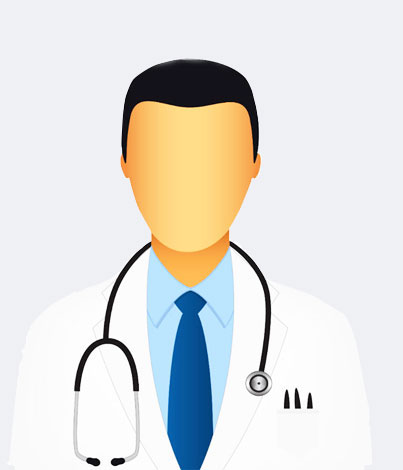Sleep apnea treatments in Berwyn, IL
Do you find yourself feeling sleepy during the daytime? Do you snore loudly or wake up in the middle of the night gasping for breath? If you are suffering from any of these conditions, then it could be sleep apnea. This sleep disorder is more widespread among men but can also occur in women, especially after menopause. At 34th Street Dental Care, we understand the complexities of sleep apnea and provide personalized treatment plans to fit your individual needs.
What Is Sleep Apnea?
Sleep apnea is a condition during which your breathing stops intermittently during sleep. Each time you stop breathing, the oxygen levels go down and alert your brain. As a result, you wake up unconsciously to restart proper breathing. Most people will not take notice of this condition as they go back to sleep immediately. The constant disruptions can affect your sleep quality, making you feel drowsy throughout the day.
What Are the Symptoms of Sleep Apnea?
The below symptoms can signal the presence of sleep apnea.
- Insomnia or difficulty sleeping
- Loud snoring at night
- Waking up at night short of breath
- Snorting or choking sounds during the night
- Headaches upon waking in the morning
- Falling asleep involuntarily during the day
- Extreme drowsiness throughout the day
What Are Different Types of Sleep Apnea?
There are three kinds of sleep apnea. The most regular one is obstructive sleep apnea (OSA), which occurs due to a physical blockage, usually the crumbling of the soft tissue in the back of the throat. Central sleep apnea (CSA) is less prevalent and is characterized by pauses in breathing. This happens when the muscles involved don't receive the correct signals from the brain. And some patients suffer from complex or mixed apnea, which is a combination of obstructive and central sleep apnea.
What Are Risk Factors for Sleep Apnea?
Obstructive sleep apnea affects more males than females. However, regardless of gender or age, anyone can suffer from sleep apnea. Other risk factors include obesity, smoking, drinking alcohol, sedative medications, and family history. Central sleep apnea most often affects people with brain tumors, heart conditions, or neuromuscular disorders.
How Is Sleep Apnea Treated?
Treatments for sleep apnea depend on the intensity of the condition. Primary treatment includes making adjustments in your lifestyle like losing weight, cutting down on tobacco, and sleeping on your sides. In addition, we provide the following treatments:
- CPAP machines
A CPAP machine is a small device that blows pressurized air down the throat. This air keeps the throat from collapsing during sleep, which can in turn, prevent snoring and sleep apnea.
- Oral appliances
Oral appliances are effective for treating snoring and sleep apnea. The appliance works by holding your lower jaw (mandible) in the proper position to maintain an open upper airway. This keeps throat tissues from blocking your airway and causing snoring and sleep apnea.
Oral appliances are small and custom-made to fit your mouth. Most are worn at night, and some can be used for both day and night wear. Oral appliances are easy to use and are not uncomfortable.
- Surgery
If no other options work, surgery would be recommended. There are several surgical options available to treat sleep apnea. The most common procedure is the uvulopalatopharyngoplasty surgery (UPPP), during which excess tissue is removed from your soft palate and pharynx. The tonsils may also be removed during this surgery.
Call 34th Street Dental Care at 708-484-6576 to schedule your consultation with our dentists to learn more about our dental treatments.
Braces
Opalescence Teeth whitening
Dental Exams & Cleanings
Implant Dentistry
Dental Veneers
Dental Crowns
Root Canal Therapy
Dental Bridges
Emergency Dental Care
Tooth-Colored Dental Fillings
Dental Implants
Dentures
General and Family Dentistry
Retainers
Surgical Periodontal Treatment
Non-Surgical Periodontal Treatment
Periodontics
Frenectomy
Crown Lengthening
Two-Phrase Orthodontic Treatment
Teen Orthodontics
Full-Mouth Restorations
Tooth Extractions
Gum Disease Treatment
Invisalign
Early Orthodontics
Adult Orthodontics
Orthodontics
Laser Dentistry
Digital Cephalometric X-Rays
Digital Panoramic X-Rays
Digital X-Rays
Cosmetic Dentistry
Wisdom Teeth Removal
Restorative Dentistry
Dental Technology
Single-Tooth Dental Implants
Locator Overdentures
Office Hours
MON9:00 am - 7:00 pm
TUE9:00 am - 6:00 pm
WED8:00 am - 7:00 pm
THU9:00 am - 6:00 pm
FRI9:00 am - 5:00 pm
SAT8:00 am - 2:00 pm
SUNClosed

